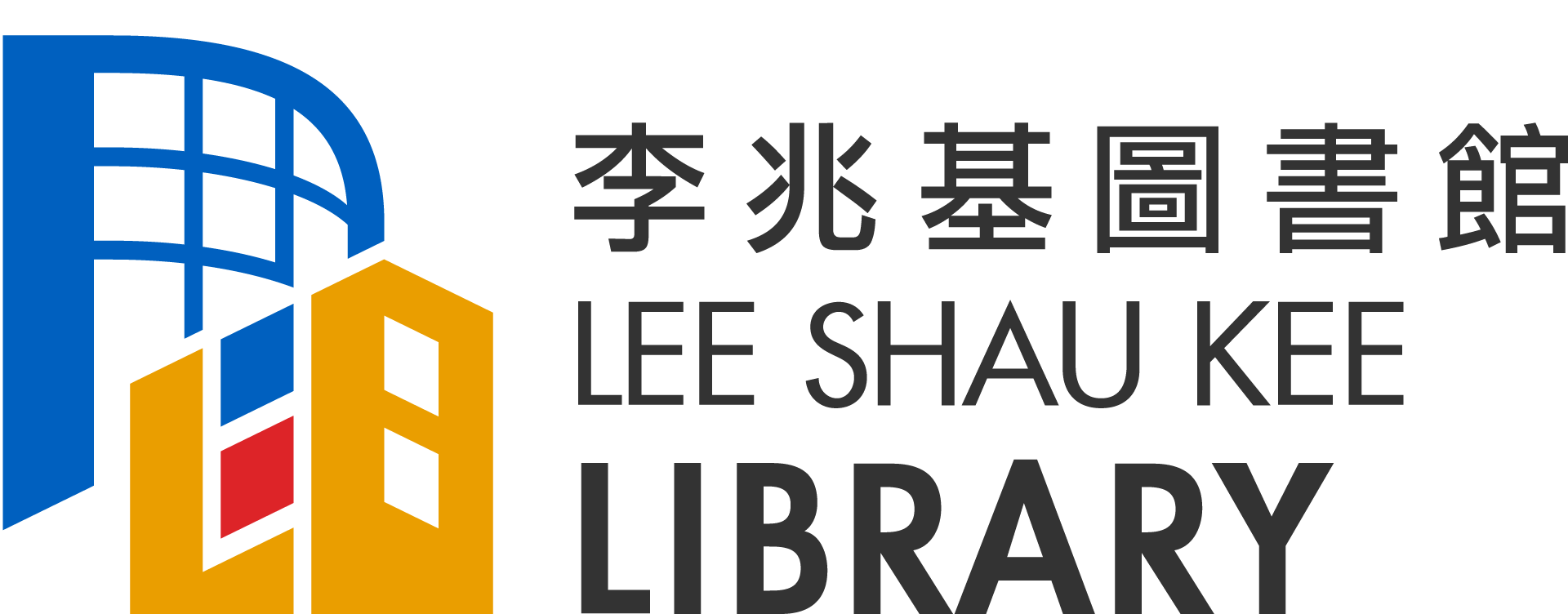
Ithaka S+R has launched a Generative AI Licensing Agreement Tracker to document deals between academic publishers and AI developers. This marks a crucial shift in how scholarly content may be used in the AI era, with significant implications for researchers and authors.
What is Happening?
Recently, several major academic publishers such as Taylor & Francis, and Wiley have made licensing deals with AI companies like Microsoft to allow the use of their scholarly content as training data for large language models. These deals support AI systems that can generate summaries, conduct research, and even write articles based on existing scholarly work.
The AI Licensing Tracker: What It Covers
The Tracker serves as a centralized resource to document these deals, providing insight into the publishers involved, the scope of the agreements, and their potential impact on scholarly content. Regularly updated and accessible in Google Sheets, it provides transparency for those interested in how their work might be used in this shifting landscape. According to Ithaka S+R, the market remains in flux, with no standardized terms or models established. While major publishers are moving forward with deals, others like Elsevier are more cautious. Smaller and medium-sized publishers have largely been absent from these arrangements so far.
Why Should Researchers Care?
For researchers and scholars, licensing content to AI systems is more than just an industry trend—it directly impacts how their work might be used and attributed. Key issues include:
- Author Rights: Some publishers are proceeding without explicitly informing authors or offering opt-out options. Questions remain about how authors can maintain control over their work's use in AI training.
- Content Integrity: There are concerns about how corrections or retractions will propagate through AI models once content has been used for training.
- Citation and Attribution: It's unclear whether AI outputs will properly track provenance and provide citations back to original scholarly works.
- Long-term Impact: These deals may affect how research is discovered, synthesized, and valued in the future. There are questions about whether AI-generated summaries might impact the value of accessing original research papers.
What Can Researchers Do?
While the tracker itself is primarily focused on documenting deals from a publisher's perspective, it also reminds researchers to consider their role in this new landscape. Researchers can take the following proactive steps to protect their interests:
- Understand Your Rights: Check your publisher agreements and understand your rights regarding AI usage of your work
- Stay Informed: Stay informed about your publishers' AI licensing practices
- Engage in the Conversation: Consider discussing AI usage rights in future publishing agreements







